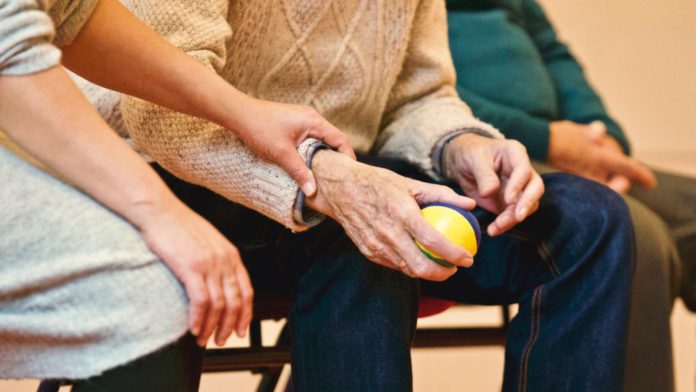Study finds that a high income and education level and living with a spouse or partner can prolong survival after a bypass surgery
How long a patient survives following a bypass surgery is a function of their daily situation, education and income, shows a new study.
A postoperative patient aged 60 with a spouse or cohabiting partner, high educational attainment, and high income has a median life expectancy five years longer than a corresponding person with no live-in partner, a low education level, and low income.
“Our study shows that your risk of dying prematurely after a bypass is considerably higher if you live alone, your income is low, or your education level is low. This is the first time such a strong association between social factors and life expectancy after the surgery has been visible,” says Susanne Nielsen, a surgical nurse and researcher at Sahlgrenska Academy, University of Gothenburg.
The study, published in the Journal of the American Heart Association and funded by the Swedish Heart-Lung Foundation, is based on data on 112,000 women and men who underwent (CABG) in Sweden from 1992 to 2015.
“Our study shows that your risk of dying prematurely after a bypass is considerably higher if you live alone, your income is low, or your education level is low. This is the first time such a strong association between social factors and life expectancy after the surgery has been visible”
Data were taken from the Swedish Heart Surgery Registry, which is part of the SWEDEHEART (Swedish Web system for Enhancement and Development of Evidence based Care in Heart Disease Evaluated According to Recommended Therapies) quality registry, and from the Swedish Cause of Death Register, the Swedish National Inpatient Register (IPR), and the Longitudinal Integration Database for Health Insurance and Labor Market Studies register (LISA).
Compliance with recommendations important
The research shows that various factors are associated, both jointly and individually, with differences in post-CABG life expectancy, irrespective of sex and age.
Susanne Nielsen, who belongs to Professor Anders Jeppsson’s research group, stresses the importance of everyone, after CABG, taking the medication prescribed.
“It’s also tremendously important for patients not to hesitate to talk to the staff they meet in the healthcare services if they have any financial worries or experience any other form of ill health that makes them doubtful about taking the recommended medicine, or unable to comply with other key recommendations, such as giving up smoking,” Nielsen thinks.
Hard to take it all in
Care professionals also need to ask the patients about their social circumstances and whether they need any extra support, Nielsen thinks. Undergoing CABG is, for many, a big event and this can make it more difficult for them to take in all the information and advice they are given.
“As a patient, you get lots of information and it’s hardly surprising that it’s hard to take it all in. So it’s very important for patients not to hesitate about asking questions if they don’t understand the advice they’re given by the care and medical staff they come into contact with,” Nielsen states.


